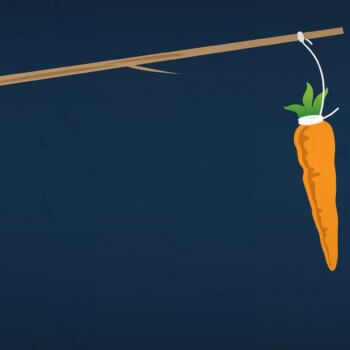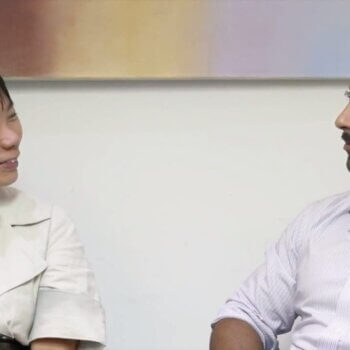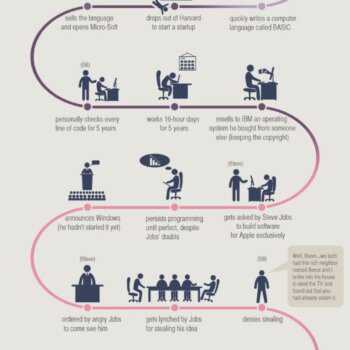We’ve seen both the best — and worst — of people during the coronavirus pandemic. Outpourings of support and assistance for our neighbors and communities appear side-by-side with news stories of people putting their immediate personal wants ahead of what’s required to prevent the deadly impact from the virus.
Robert Prentice, professor of Business, Government, and Society at Texas McCombs and faculty director of the Ethics Unwrapped program in the Center for Leadership and Ethics, recently authored a USA Today op-ed addressing how selfishness — from spring breakers, group gatherings, and others among us — has threatened lives and on what can be done to stop it. He continues the discussion below.
If everyone did the right thing by social distancing, we would all be in a better situation. So why do people still act in their own interest?
We are wired to act selfishly. If we want to survive, evolution rewards selfish behavior, at least at some level. We’re being asked to do some really hard things. It’s difficult for people to stay at home and away from friends and relatives, and not to go to jobs, restaurants, or out in general. We’re asking a lot of people.
What keeps us from acting selfishly?
The flip side is that we also are evolutionarily wired to try to help other people. Groups of folks who cooperate tend to survive better than those don’t. Law, religion, and morality reward that behavior. Morality, for the most part, demands that we subordinate our own immediate best interest to help other people. Oftentimes, that rewards us in the long run. That’s what we’re hoping for here. We’re being asked to make short-term sacrifices to benefit other people, but in a way that will reward our society and fellow man. We’ll be able to take advantage of the benefits.
How can we better encourage that cooperative behavior?
Ask people to use what is often called their moral imagination, to think about the consequences of their behavior. Obviously, I want to go to restaurants, movies, and see people, but I need to think about the wider consequences. What’s going to happen to the people with whom I interact, and the folks that they meet, and the folks they meet? Most particularly, those among us who are especially vulnerable to this virus — the elderly and people with compromised health conditions. We need to think about that.
People are also being affected by the economy’s widespread closure. How can leaders weigh the need to get the economy going against the spread of the virus?
This is extremely difficult and very complicated. Again, it requires a fair amount of imagination. We can save lives by social distancing without causing people to starve to death. On the other hand, there are consequences to unemployment. People get depressed and may commit suicide. We’ve got to weigh those lives as well. But the best science seems to suggest we’re in better shape with social distancing and shutting down the economy. In the long run, if lots of people get this virus, some folks are going to die, some folks are not going to be able to work, and it’s going to be difficult to have a robust economy.
You mentioned lost lives. Is that the best metric to measure in this situation?
I saw a newspaper letter to the editor where the author said they were explaining the situation to their 8-year-old granddaughter. The girl asked, “How could opening a store be more important than people’s lives?” It’s an oversimplification, but I do think there’s something to that. It’s clear that there are serious consequences not only to the economy, but to people’s mental and physical health when the economy is sputtering along like it is now. It probably takes a smarter person than I am to decide at what point we reopen the economy. But life has to take precedence.
We will eventually get past the coronavirus threat. When we do, are there moral lessons we can apply to other global crises?
Global warming is an excellent example. This virus has motivated more people to act in a pro-social way than we’ve seen in a long time. It’s amazing how many people are volunteering, donating, supporting our health care workers, and sewing masks at home. If we can figure out what is motivating that behavior, hopefully we can get people to think about how their activities are endangering the environment and helping cause climate change, which also kills people and could kill the planet. We’re getting practice at using our moral imagination in the coronavirus crisis. Perhaps we can use that to better envision the consequences our actions are having for the climate.
About the Author
This article was written by Jeremy M. Simon of Texas Mcombs, a business blog that shares the business and public policy knowledge created at The University of Texas with the world. see more.





























